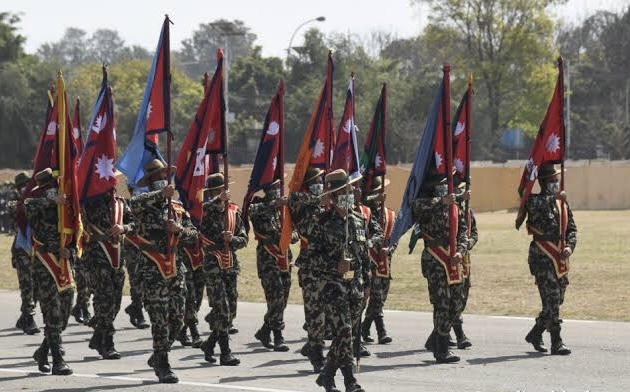
Nepal has deployed its army onto the streets of Kathmandu following days of violent Gen Z-led protests that left at least 19 people dead and hundreds injured. The move marks a dramatic escalation in the government’s effort to restore order after youth-led demonstrations against corruption and censorship spiraled into one of the country’s deadliest political crises in years.
The protests erupted after the government banned more than 20 popular social media platforms, including Facebook, WhatsApp, Instagram, and YouTube, citing noncompliance with new registration laws. Young Nepalis, who saw the decision as an attack on free expression, mobilized in large numbers. Demonstrations peaked on 8 September when crowds attempted to march toward Parliament. Security forces responded with tear gas, water cannons, rubber bullets, and even live fire, triggering deadly clashes that shocked the nation.
The scale of violence forced the resignation of Home Minister Ramesh Lekhak, who accepted “moral responsibility” for the crackdown. Prime Minister K.P. Sharma Oli convened an emergency cabinet meeting and announced an immediate reversal of the social media ban. The government also pledged financial compensation for victims’ families and promised free medical treatment for the injured. An investigative commission has been formed, tasked with reporting back within 15 days.
Despite the government’s concessions, tensions remain high. Authorities have imposed a strict curfew in Kathmandu, banned all public gatherings, and deployed the Nepalese Army to secure critical sites, including Parliament and the airport. Army Chief General Ashok Raj Sigdel issued a televised appeal, urging protesters and political leaders to resolve their differences peacefully. He emphasized that safeguarding national harmony was a shared responsibility, warning against further violence and destruction.
The deployment of the army highlights the depth of Nepal’s political crisis and underscores the challenge facing the Oli administration as it grapples with a generation demanding transparency, accountability, and freedom. For Nepal’s young protesters, the fight is no longer just about social media—it has become a defining struggle over the country’s democratic future.




No comments: